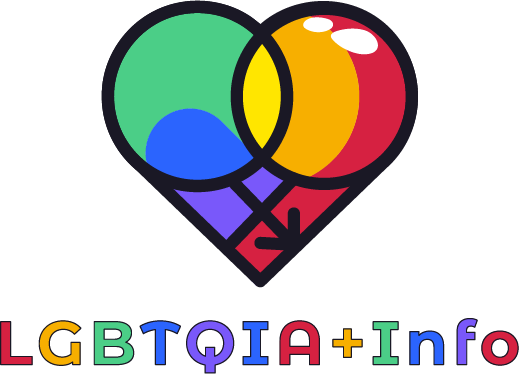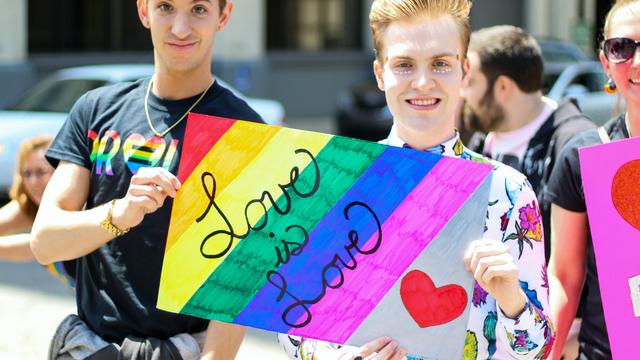The LGBTQIA Pride movement has entered the mainstream discussion about sexual orientation and gender identity throughout the world. People from all walks of life gather annually to honor and support the LGBTQIA community. In celebration of Pride, we’d like to share 10 fascinating facts about the LGBTQIA Pride movement that you may not already know.
1. Pride Month began as a commemoration of the Stonewall riots.
The Stonewall riots were a series of demonstrations by members of the LGBTQIA community in response to a police raid at the Stonewall Inn in New York City in 1969. This event is widely considered to be the catalyst for the modern LGBTQIA rights movement, and Pride Month (which takes place in June) is celebrated to honor the Stonewall riots.
2. The Pride flag was created by Gilbert Baker in 1978.
In 1978, homosexual rights activist Gilbert Baker designed the first Pride flag. The rainbow flag’s eight colorful stripes stood for the variety and solidarity of the LGBTQIA community. Today, the flag’s six colors—red, orange, yellow, green, blue, and purple—stand for LGBTQIA pride all around the globe.
3. Pride events take place in more than 70 countries.
Although the LGBTQIA rights movement was launched in the United States, Pride celebrations are now held in over 70 nations. No matter how big or small, the goal of all of these gatherings is to support the LGBTQIA community and promote equality for all people.
4. Pride events attract millions of attendees each year.
Each year, millions of people attend Pride festivities, making them among the world’s biggest celebrations. In reality, more than two million people will attend New York City’s Pride parade this year (it takes place in June).
5. Pride has inspired the creation of other LGBTQIA holidays.
In addition to Pride Month, there are now several other holidays that celebrate the LGBTQIA community, including National Coming Out Day (October 11), Transgender Day of Remembrance (November 20), and International Day Against Homophobia, Transphobia, and Biphobia (May 17).
6. LGBTQIA rights are still a major issue around the world.
Although we have come a long way in our struggle for LGBTQIA rights, we still have a ways to go. People who identify as LGBTQIA are subject to harassment, abuse, and sometimes even murder in many parts of the world. By bringing attention to and advocating for change on these concerns, Pride celebrations are invaluable.
7. Pride events have been impacted by the COVID-19 pandemic.
The global COVID-19 epidemic has had an effect on Pride festivities, as it has on many other occasions. Many 2020 Pride activities were postponed or shifted online because to the epidemic, and it is unknown whether and how this would effect future Pride festivities.
8. LGBTQIA representation in media has improved in recent years.
In recent years, there has been a significant increase in LGBTQIA representation in mainstream media. From TV shows like “Pose” to movies like “Love, Simon,” LGBTQIA stories and characters are becoming more visible and more widely accepted.
9. LGBTQIA individuals have made significant contributions to history and culture.
From artists like Frida Kahlo to activists like Harvey Milk, LGBTQIA individuals have made significant contributions to history and culture. Pride events are a way to celebrate and honor these contributions.
10. Advocacy is an essential part of Pride.
While Pride events are often associated with celebration and partying, they are also a way to advocate for the rights of LGBTQIA individuals. From fighting for marriage equality to pushing for transgender rights, Pride is an opportunity to elevate the voices of marginalized individuals and demand change.
Pride is an opportunity to bring attention to the struggles of the LGBTQIA community and to rally people behind efforts to make positive change. It’s an opportunity to take stock of the difficulties experienced by the group and to band together to find solutions. Pride is a constant reminder that we can overcome any challenge by working together and never giving up on our goals.
Conclusion
The LGBTQIA Pride movement is a powerful celebration of the community’s variety and resilience. Pride celebrations, from their inception during the Stonewall riots to the current day, have been essential in advancing LGBTQIA rights and fostering tolerance and understanding.

